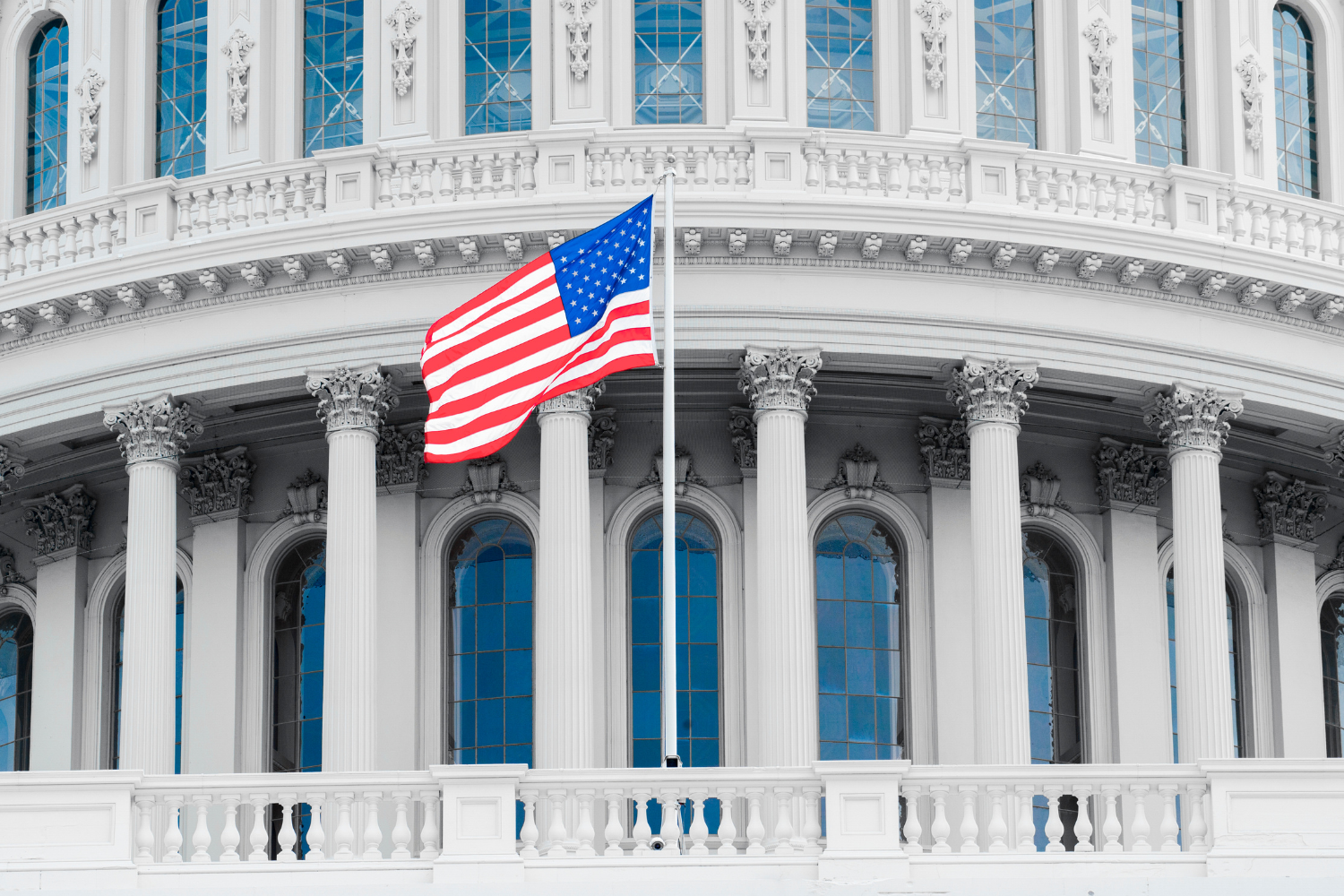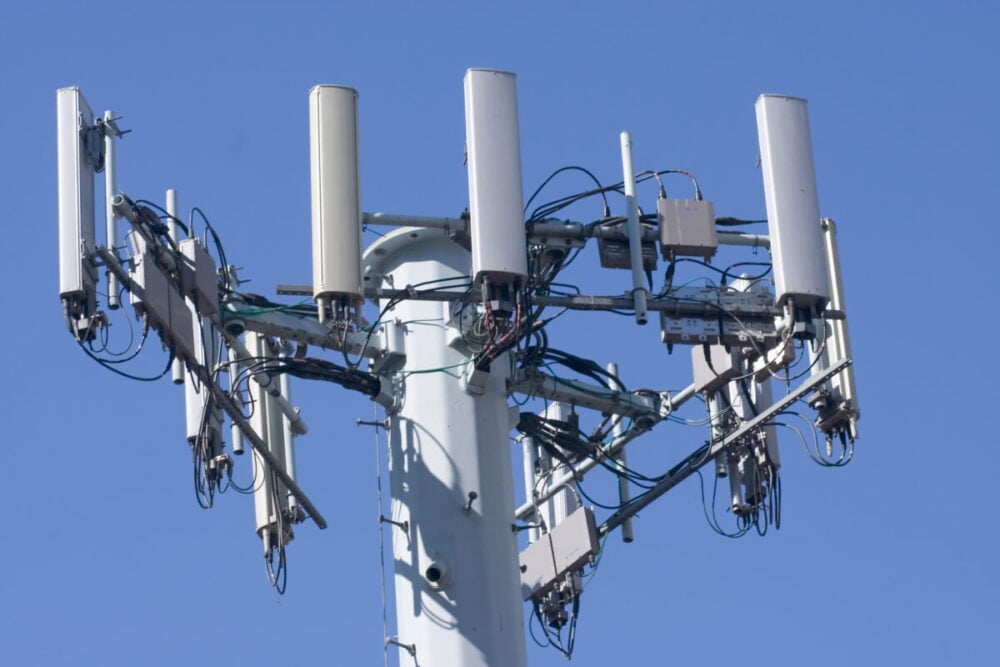The cracks in the foundation of America’s housing market are starting to show.

The national economic reports might paint a confusing picture, but on the ground in many major American cities, the story is becoming painfully clear. A powerful wave of housing market corrections and affordability crises is creating immense pressure on local economies and family budgets. This isn’t just about fluctuating numbers on a spreadsheet; it’s about a growing sense of instability in places that were, until recently, symbols of growth and prosperity for many people. The tremors are being felt from coast to coast.







